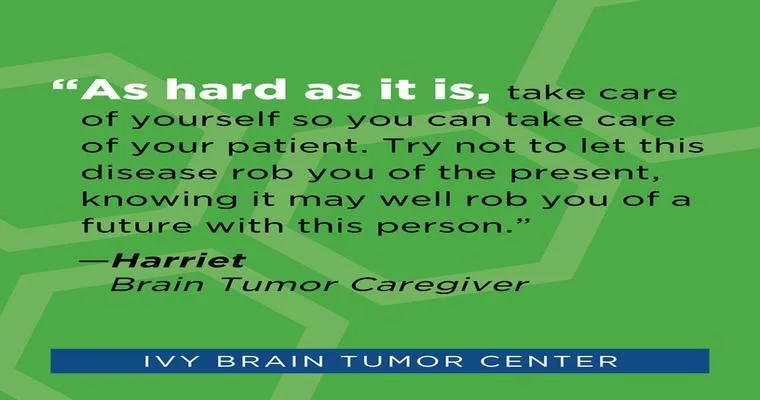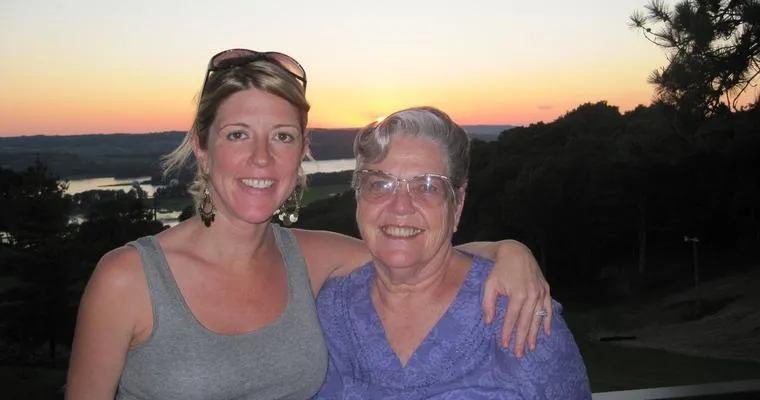Caring for an "elderly person" with "dementia" can be both challenging and rewarding. As the disease progresses, it can affect memory, communication, and daily living activities, requiring caregivers to adapt their approach continuously. Understanding the nuances of living with someone with dementia is crucial for ensuring a supportive environment that promotes dignity and respect. This article will explore practical strategies and tips for managing life with an elderly loved one who has dementia.
Understanding Dementia
Dementia is not a specific disease but rather an umbrella term that encompasses various symptoms related to cognitive decline. Conditions such as Alzheimer’s disease, vascular dementia, and Lewy body dementia fall under this category. It is essential to recognize that each individual experiences dementia differently, which can influence how they communicate and interact with their surroundings.
Creating a Safe Environment
One of the first steps in caring for an elderly person with dementia is creating a "safe environment". This involves removing potential hazards and simplifying the living space. Here are some recommendations:
1. "Declutter": Reduce clutter to minimize distractions and confusion.
2. "Labeling": Use labels on doors, drawers, and rooms to help the elderly person navigate their home.
3. "Lighting": Ensure adequate lighting, especially in hallways and staircases, to prevent falls.
Establishing Routines
Establishing a consistent daily routine can significantly benefit both caregivers and those living with dementia. Familiar routines can provide a sense of security and reduce anxiety. Here are some tips for creating effective routines:
1. "Regular Schedule": Maintain regular times for meals, activities, and bedtime.
2. "Visual Schedules": Use visual aids, like charts or calendars, to outline daily activities.
3. "Flexibility": While routines are essential, remain flexible to accommodate the person’s changing needs.
Effective Communication
Communication can become challenging as dementia progresses. However, caregivers can employ various strategies to facilitate better interactions:
1. "Simple Language": Use clear and simple sentences. Avoid complex questions that may confuse the elderly person.
2. "Non-Verbal Cues": Pay attention to body language and facial expressions, as these can provide additional context.
3. "Patience": Allow ample time for responses. Rushing can lead to frustration for both parties.
Encouraging Independence
While safety is paramount, it is also essential to encourage independence in elderly individuals with dementia. This can help maintain their self-esteem and promote a sense of accomplishment. Here are ways to foster independence:
1. "Involve Them in Daily Activities": Encourage participation in cooking, cleaning, or gardening, tailored to their abilities.
2. "Adaptive Tools": Consider using adaptive tools that make tasks easier, such as utensils with larger grips or simple-to-use appliances.
3. "Positive Reinforcement": Celebrate small achievements to motivate and reinforce their capabilities.
Seeking Support
Caring for an elderly person with dementia can take a toll on caregivers. It is vital to seek support to manage stress and maintain well-being. Consider the following options:
1. "Support Groups": Join local or online support groups where caregivers can share experiences and advice.
2. "Respite Care": Look into respite care services, allowing caregivers to take breaks while ensuring their loved ones are cared for.
3. "Professional Help": Don’t hesitate to seek professional help from healthcare providers specializing in dementia care.
Conclusion
Living with an elderly person with dementia presents unique challenges, but it also offers opportunities for connection and growth. By creating a safe environment, establishing routines, practicing effective communication, encouraging independence, and seeking support, caregivers can enhance the quality of life for both themselves and their loved ones. With patience and understanding, caregivers can navigate the complexities of dementia, promoting a fulfilling life for everyone involved.





